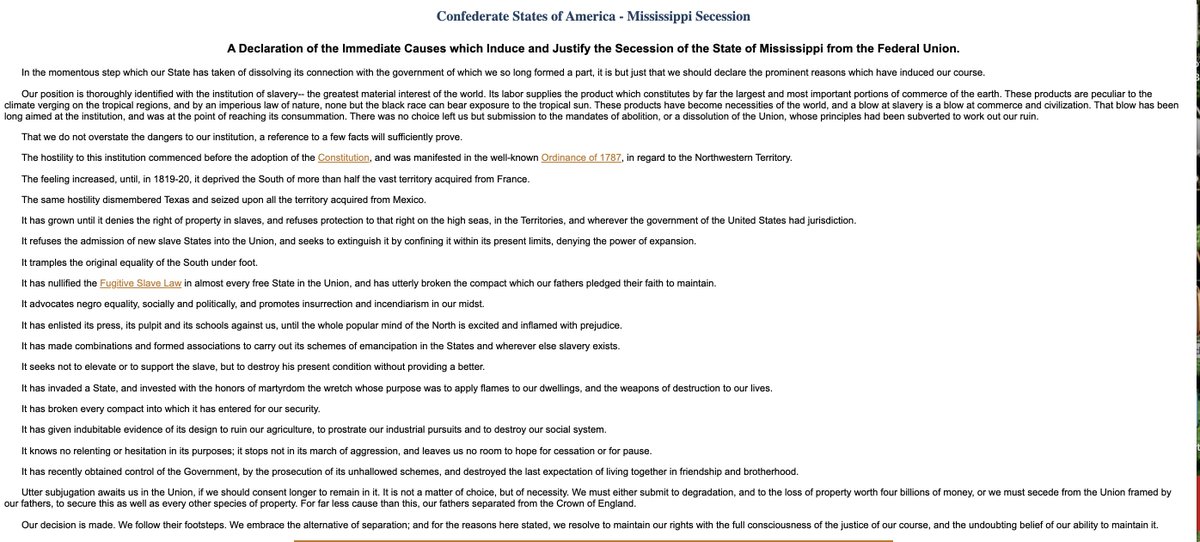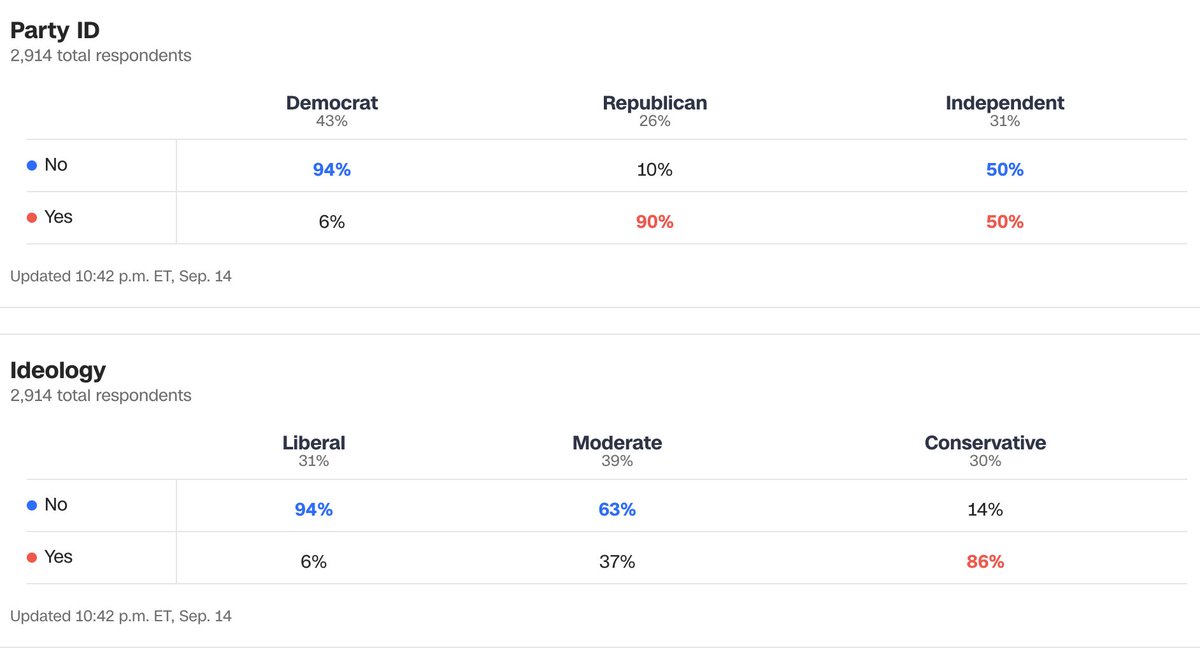
Have watched with curious interest the ongoing debate over the American Revolution and Dunmore and one thing has struck me: There were likely a lot of people who supported ending slavery (thru gradual PA/1780-style laws) AND vehemently opposed the Dunmore proclamation.
My lens into this is the debate during the Civil War, so I want to be cautious about reading similar debates backward to the 1770s. But the *means* of emancipation mattered enormously to whites generally in favor of emancipation.
If emancipation were viewed as a product of "treachery" or "insurrection" of some kind (as Dunmore surely was perceived), support for emancipation among moderately anti-slavery elites would dissipate...but not necessarily disappear.
What we need is insight into the views of the enslaved about Somerset, Mum Bett/Eliz. Freeman, etc. and later Dunmore & Henry Clinton's order, AND the relationship between that discourse and generally anti-slavery whites. Did white views of Revolution change as a result? A lot?
I'm convinced that there were *some* VA and Carolina planters motivated to back the Patriot cause in outrage over Dunmore or Henry Clinton. But I'm not convinced that those were the people driving the train of 1774/75 rebellion toward 1775/76 independence.
So, in addition to wanting to know of the discourse among the enslaved in 1773-76, I'd like to know how supporters of PA's 1780 antislavery law viewed British promises of freedom. mountvernon.org/library/digita…
There was clearly some discussion in PA of possible Dunmore effect on emancipated people joining the British cause. But how much? 

Here is the dissent in the PA assembly. It cites concern that the emancipation law could lead to slave insurrection in southern states as the war moved into the southern theater. So...it's a word of caution about the *means* of emancipation. But not enough to nix the bill. 

That many African Americans joined the Patriot cause - and that Britain abandoned most of the liberated slaves who supported them - is noteworthy. But the crux of the debate is what did elites and the masses think btw 1773 and 1776? Or in 1778 as the southern campaign began?
This thread with @WilliamHogeland, @bencarp and @MichaelHattem dug into this question yesterday.
https://twitter.com/WilliamHogeland/status/1439292548124745736?s=20
One other point that the Civil War experience brings to the table: when a state seceded to protect slavery, it didn't hide its motivations. Yes, the 1776 Dec. of Ind. says the King "has excited domestic insurrections among us." But compare to Mississippi Dec. of Causes. 

The Miss. Declaration is rhetorically modeled off the 1776 Declaration (as was typical of manifestos of this kind). But instead of burying "excited domestic insurrections" in the last clause, it cites something directly related to slavery in just about every line.
Needless to say, supporters of the Confederacy certainly viewed their "nation-building" project as akin to the work of the Patriots of 1776. But alas, 1861 secession rested upon an entirely different "cornerstone" than that laid out in 1776.
So if there is evidence that fear of Somerset or Dunmore actually motivated more than a few Virginia, Carolina or Georgia planters to join the Patriot cause (or to impel that cause toward Revolution), I'd be interested to see it.
• • •
Missing some Tweet in this thread? You can try to
force a refresh









